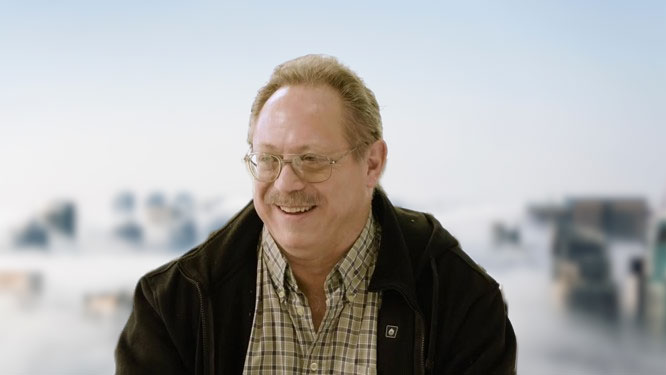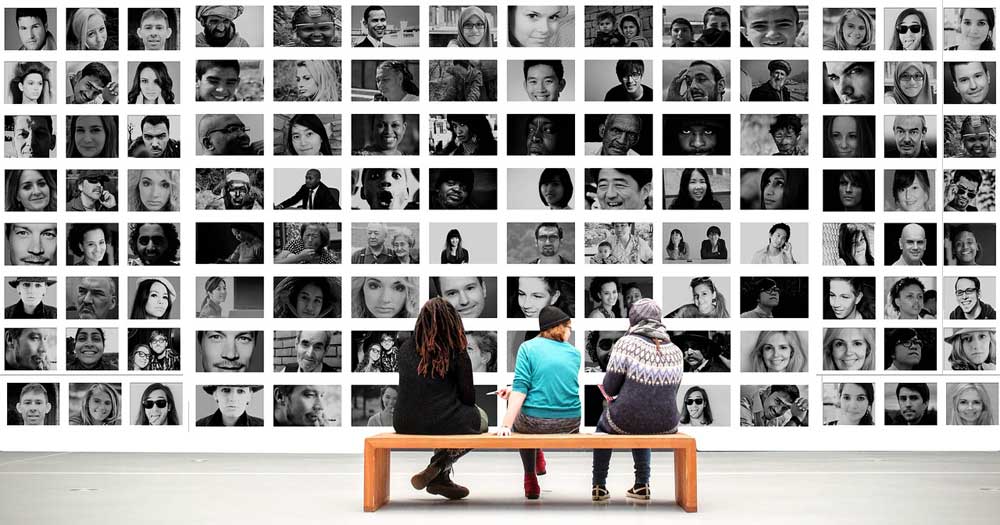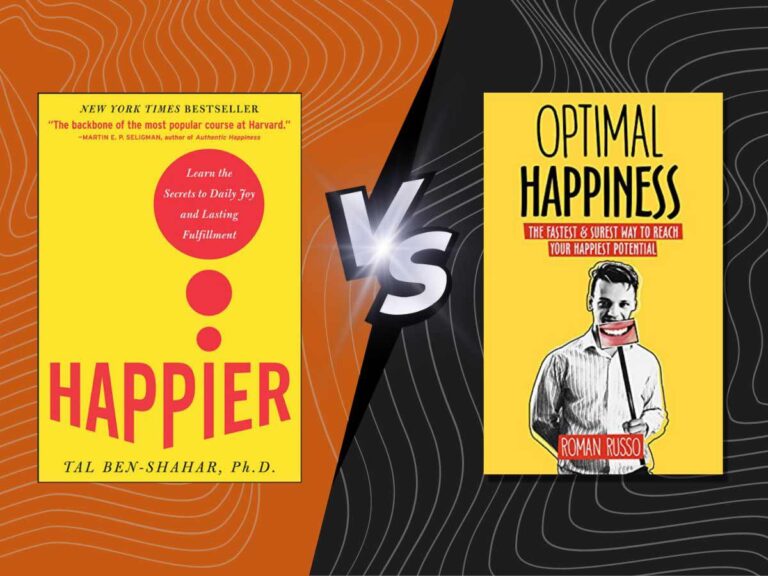The smartest man in the world is Christopher Langan (aka Chris Langan or just Chris). He is estimated to have an IQ somewhere between 200 and 210. To put it into perspective, he is considered to be smarter than Einstein (160 IQ), Darwin (165 IQ), Galileo (185 IQ), and Newton (190 IQ). At the age of 6 months old, he taught himself how to speak. At 3 years old, he learned how to read. He tried to attend high school, but never finished it because he was smarter than his teachers.

Christopher Langan and CTMU
Today, at the age of 66, we could imagine Christopher Langan to be one of the richest, most powerful, and influential people alive, but this is not true. In reality, to sustain himself and his wife, Chris works in construction, as a fireman, cowboy, bouncer in a bar, and does many other jobs you would not typically associate with 200 IQ intelligence. He lives on a ranch where they take care of their dogs, horses, lamas, and other farm animals.
In his free time, Chris is working on the Cognitive-Theoretic Model of the Universe (CTMU), explaining the relationship between mind and matter. This model is based on some advanced mathematics and has exciting implications for different parts of life, including happiness, which must be true because the smartest man in the world said so.
4th Dimension: Time
People perceive time linearly, but it does not mean this is so. We look at the whole universe, and we try to understand it with our 6 senses. But our perceptions are limited, as there is a vast spectrum of light that our eyes cannot see, odors that our nose cannot smell, and the same hold true to every other sense of our body.
But what if we could sense more? It is said that “in a world of the blind, a one-eyed person is a king”, which means that anyone who can perceive reality better than others instantly gets an unfair advantage over others. If that advantage gets too big, then this king status becomes a God-like status. But does that make them a God? They are just someone who can perceive a world a little bit better than everyone else. Sure enough, they will be limited by their perceptions, meaning that someone that can perceive reality better than them can be considered God to them. In this way, we are Gods to the ants, which is right to a point where we can quickly kill them or clone them, but to us, Gods are that can do the same to us.
Going back to our limited time perception, we perceive time linearly, but time runs in both directions. As such, someone who can move through time around and force would be able to experience all of our experiences, good and bad, continuously, again and again, if they would wish so. If we could go through our life too, it would be better if we had way more positive experiences than negative ones. If we could do it enough times, we would realize a particular ratio of how often we are positive and negative. We would then realize that given a choice, we should lead our lives in such a way that we improve this ration positive to negative, by enhancing our sense of self-esteem, and stop lingering over negative things that happened to us in the past.
So, in terms of percentage, how often do you think you are happy?
5th Dimension: Infinite Probability
Is it possible that Parallel Universe theory and quantum mechanics can make us happy? In theory, they can. Let me explain.
To understand the parallel universe theory, we don’t need to know advanced mathematics or quantum physics. The only thing we need to understand is that physicists long theorized that there is an infinite number of parallel universes, which are only finite by the number of decisions that we, and other beings, make during our lifetimes. If we go left in this universe, we go right in another universe, which creates two distinct parallel universes. If in this universe we don’t say something to someone, in another universe, we do. The implication of this is infinite. In some parallel universe, we are billionaires, superstars, supermodels, smartest people worldwide, another way around, or somewhere in between. In some galaxies, we are not even born. In some universe, our name is “Bob”.
So how does that affects our happiness? To understand this, let’s talk about expectations, as depending on what we expect and what we ultimately get, this relationship affects our happiness. Specifically, if we want to have a car and have it, we are happier than if we want this car but don’t have it yet. So what are your wants, expectations, and desires? Because in some other universe, you have everything that you can want.
This is to say that if we did not get a promotion in this universe, we got it in another universe. Suppose we didn’t dare to ask a boy or girl out in this universe. In the other one, we did. It is not only possible; it’s probably, and it already happened to another version of you. So instead of crying, worrying, wondering “what if,” or putting ourselves through any other form of self-punishment, we need to be happy for another version of ourselves and realize that if they could do it, so can we. We need to find a way. Make this current universe the universe you would want other parallel copies of you to live in.

6th Dimension: Everyone is Connected
We live in a 3-dimensional world, which means that we perceive highs, length, and width of objects, but not times and probability, such as it is the case in the fourth and fifth dimensions discussed above. In a six dimension, however, we would be able to perceive ourselves and everyone else. This is because we are all connected in a six dimension, a current dimension we don’t realize ourselves to be. We are the same person and what binds us is this thing called consciousness. This is the basics of the theory that Christopher Langan is working on.
Let’s consider the second implication of whether his theory is correct. If we are all indeed connected, then we are all the same person, and that means that we should be nice to each other because I am you and you are me. We should then all strive to make the lives of others better and happier. We should love each other unconditionally and help a fellow human being.
Now there are a lot of collectivistic societies in this world, but rarely they are truly collectivistic. In fact, with the expansion of western world thinking, we live in a golden era of individualists (aka society of the biggest egos), which we can see in “this is mine, and that is yours” thinking. This is a shame. We could be living in a beautiful utopia where everything perfect and everyone is happy. This would mean an immediate end to all wars, social division, unnatural hierarchies, and unnecessary pain and suffering. We would smile, say “hello” and be nice to each other on the street, even if we don’t know each other, and pursue a goal of mutual prosperity. Can you imagine such a world?
Perhaps this is why the smartest man in the world chooses lives in the middle of nowhere and not concern himself any wealth or power, because what’s the point? We are already the same person. We don’t realize it yet.
7th Dimension: Pure Manifestation
Today, we can only imagine ten dimensions of happiness, and we already described six of them, even if it is on a fundamental level. Now let’s look at what remains altogether.
After considering that we are all connected, let’s suppose that everything is connected. Everything is one, and we are the universe, and the universe is us. This sounds like something a high person would say, but many smart people, including Christopher Langan, would agree with such a statement.
This is why mind and matter are so connected. We are the matter and matter in the world. How we think affects the world, and we only need to visualize what we want for it to happen (eventually). Indeed, we cannot create a cake in front of us just by fantasizing about it, but with enough conviction and repetition, we will tell the world to reorganize itself, so our wish comes true. I am talking about the Law Of Attraction here. This is why we should be serious about how we think, as negative thinking leads to negative results.
As such, if we are positive, we will create a positive reality. If we are negative, we will create something that we don’t like. This is why “we need to be negative to appreciate the positive” does not work. If we are negative, we get more of the same, and if we are positive, we will prosper. This is why it is not enough to want to be happy. We need to practice positivity, because it works, because we will be better of it and because the smartest person in the world said so. And who can argue against his logic?
Breaking the “Smart People Are Unhappy” Myth
While reading the article above, one of my readers asked me whether Chris Langan is thrilled. This is a classical question of whether smart people can be happy. The basis of the argument behind this form of thinking is by knowing more, and we become less comfortable. We can no longer relate to other people, and we realize how harsh and unforgiving our world is, or said:

More knowledge, Less happiness
If this would be true, we can only imagine how unhappy and discontent the smartest man in the world would be, since he understands better than anyone else the world we are living in.
To understand why this is not the case, we need to look at the quality of the information we are working with. If all we do is to look at the news, which is typically known to present only negative information, it is merely because that’s how they attract their viewers. Reality would seem very harsh and depressing. However, people always have problems, no matter how big or small. This should be enough to make all of us depressed or unhappy, but this is just not the case.
Today, we live in one of the most advanced knowledge societies that ever existed, and there are plenty of happy people. The argument that more knowledge leads to more unhappiness does not hold. This is because people have different ways to deal with negativity in their lives, aka emotional intelligence. As such, people who typically get depressed have less effective practices on how to deal with negative emotions. On the other side, optimistic people have better problem-solving skills and better ways to deal with stress. They generally better understand how to control their moon, so they continue happy no matter what!
Looking specifically at Christopher Langan, he said that he doesn’t want money or power and that these things don’t mean much to him. He would rather spend time with his wife, dogs, and horses on the ranch, working his CTMU model, as this is where he finds meaning in his life. This sounds like a simple enough formula for happiness, proving once and for all that we don’t need to have a genius-level of IQ or be a dumb-dumb to be happy. We can all be happy if we only have the right information.
_________________________
Resources & Sources:
https://www.youtube.com/watch?v=JZBaTZ9eEng%20















1 thought on “The Smartest Man in the World (Christopher Langan) on Happiness”
Pingback: Ignorance Diet: When Knowing Less Leads to Unhappiness